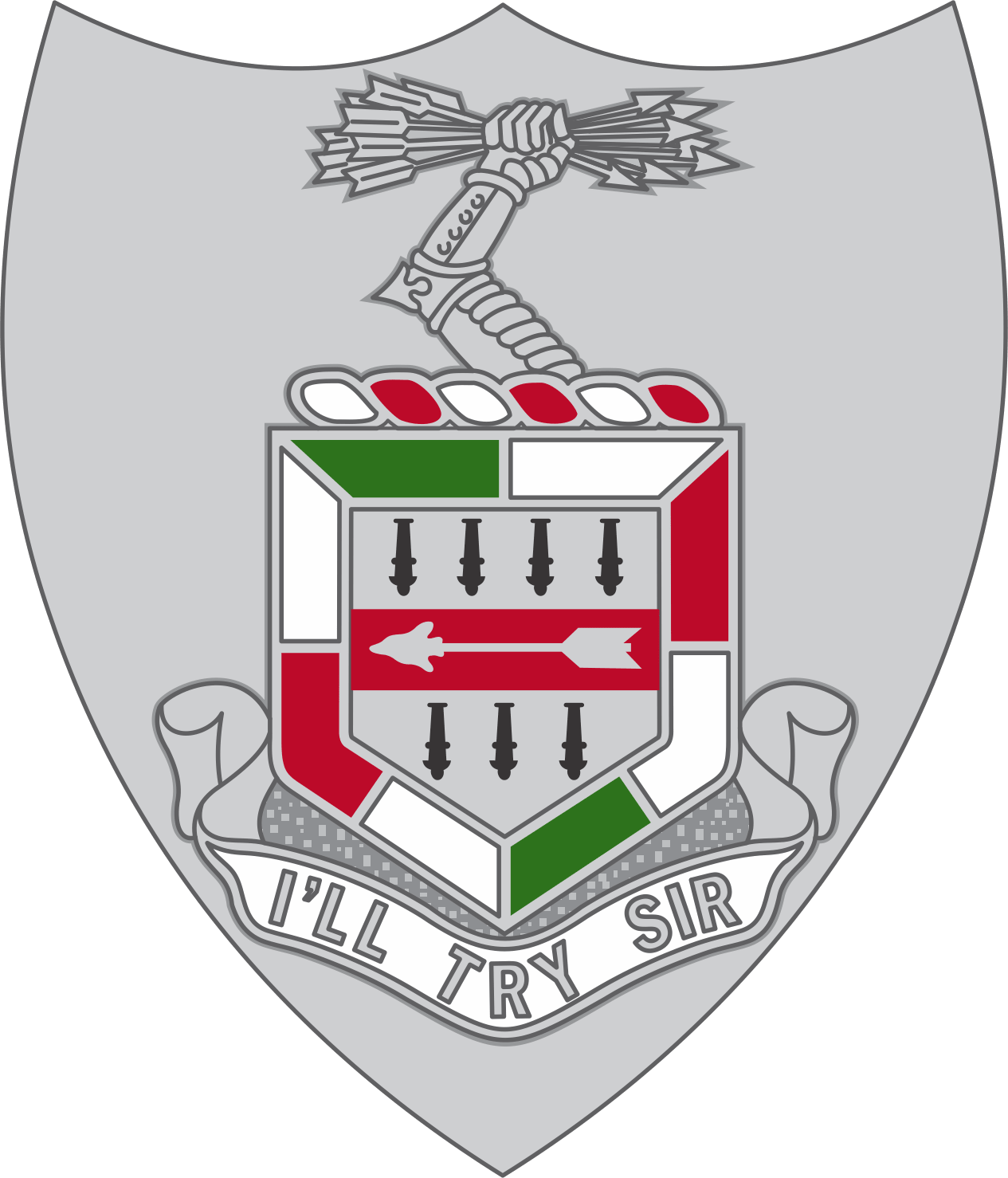
The men of the 71st Division were unclear what the future held as they started training at Fort Benning, Georgia for the fight still ahead. The idea of a Regimental Chorus in this uncertain environment was controversial at best. But visionaries Chaplain Thomas O. Harrison and Chaplain Leon R. Gorsline believed and supported the dream of a top notch a cappella chorus made up of ordinary infantry soldiers. Undaunted by scoffers and general opposition, Pfc. Luther Onerheim held the first rehearsal on September 1, 1944 in the Sand Hill Chapel No. 5, Fort Benning Georgia. However, men were unable to attend rehearsals and the initial progress was very slow. A plea was made to Colonel Sidney C. Wooten, commander of the Fifth Infantry Regiment. He consented to give the chorus a chance and had a meeting with all First Sergeants . Attendance at rehearsals was no longer a problem! From these shaky beginnings, an outstanding musical ensemble was formed which would delight the audiences of Europe, as well as military dignitaries, including General George S. Patton who praised them saying "Fine music and excellent soldierly appearance".
Through contacts in Austria, the now Sergeant Onerheim arranged for the Soldier Chorus to sing at the prestigious Salzburg Music Festival on September 2, 1945. The concert, opened with A Mighty Fortress Is Our God, and included the Sibelius Thee, God, We Praise and the F. Melius Christiansen arrangement of Lost in the Night* with Richard Eichenberger, soloist. Luther Onerheim was an inspiration for the men in the chorus. His personality enabled the chorus to rise above themselves and sing better than they believed they could. On January 16, 1946, Luther was driving to Saal, Germany to pick up props for a new tour. He met a six-ton engineering truck on an icy mountain road near Abendsberg. His jeep slid and struck the truck behind the cab. He was diagnosed with a severe basal skull fracture and died at 8:30 that night without ever regaining consciousness. The chorus was stunned. Their beloved leader was gone. It was agreed that Luther would want the chorus to continue singing as long as possible. Col. Wooten ordered all Regimental and National colors be lowered to half-mast on January 18 as a tribute to Onerheim. Col. Wooten saluted him as "The finest soldier and gentlemen I have ever known." The chorus sang Beautiful Savior * for the close of his memorial service in St.Paul's Lutheran Church, Augsburg. A final tour was given under the direction of chorus member Richard Eichenberger. On February 3, the chorus sang its final performance in the 71st Division Chapel in Augsburg. On February 5, after many members had left or been called back to their companies, only a skeleton of the once great chorus remained. Col. Wooten had requested a new series of programs, but Eichenberger objected to singing inferior concerts to audiences who remembered the once first-rate chorus. It ended with Wooten sending the remaining members of the chorus back to their respective companies.During the months following V-E Day, the Fifth Infantry Soldier Chorus sang 110 major performances with a repertoire of nearly 100 selections, all memorized. The 60 men who were part of the Soldier Chorus since its beginning were brought closer to God through music and found inspiration in an atmosphere of death and destruction.